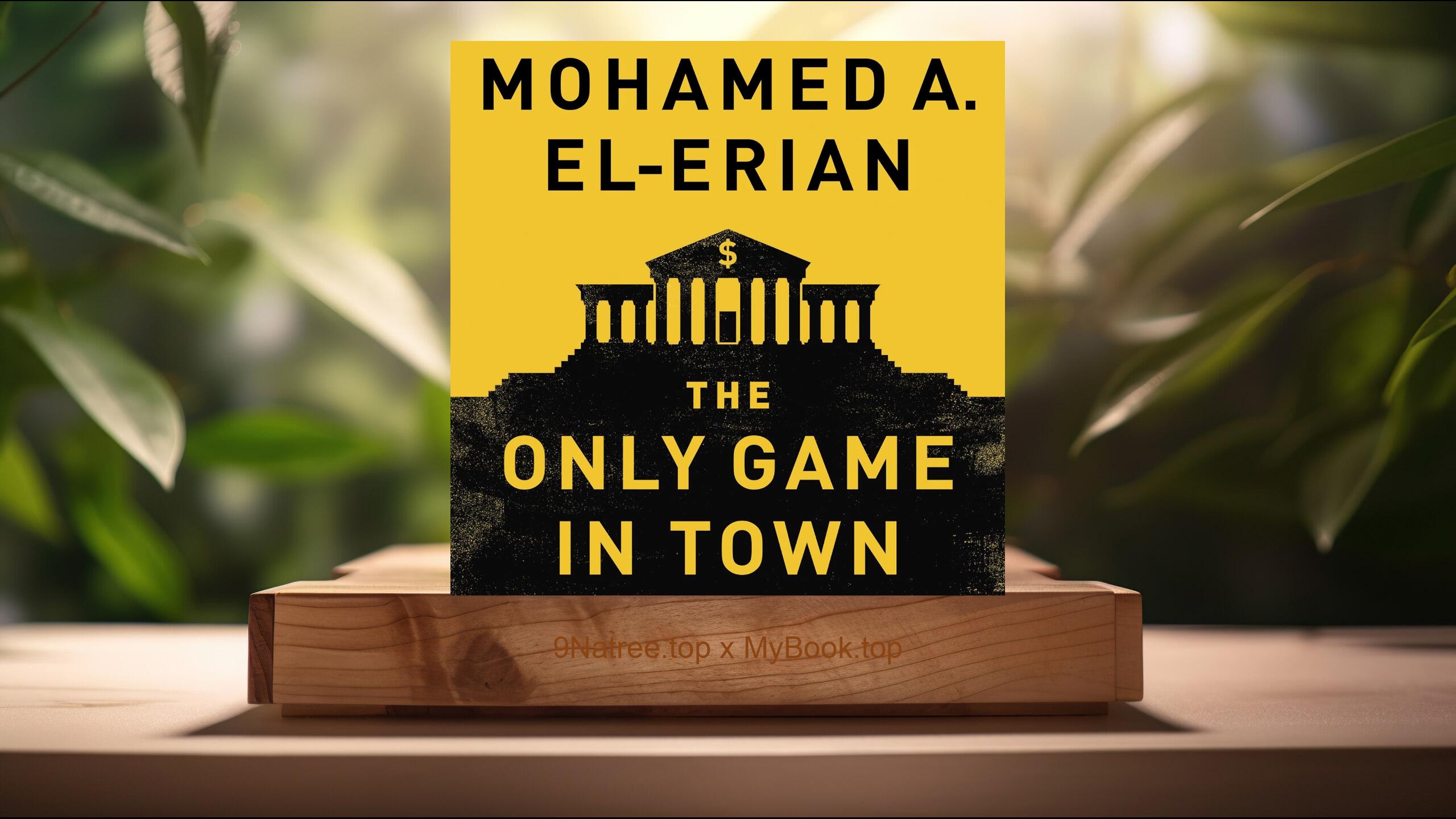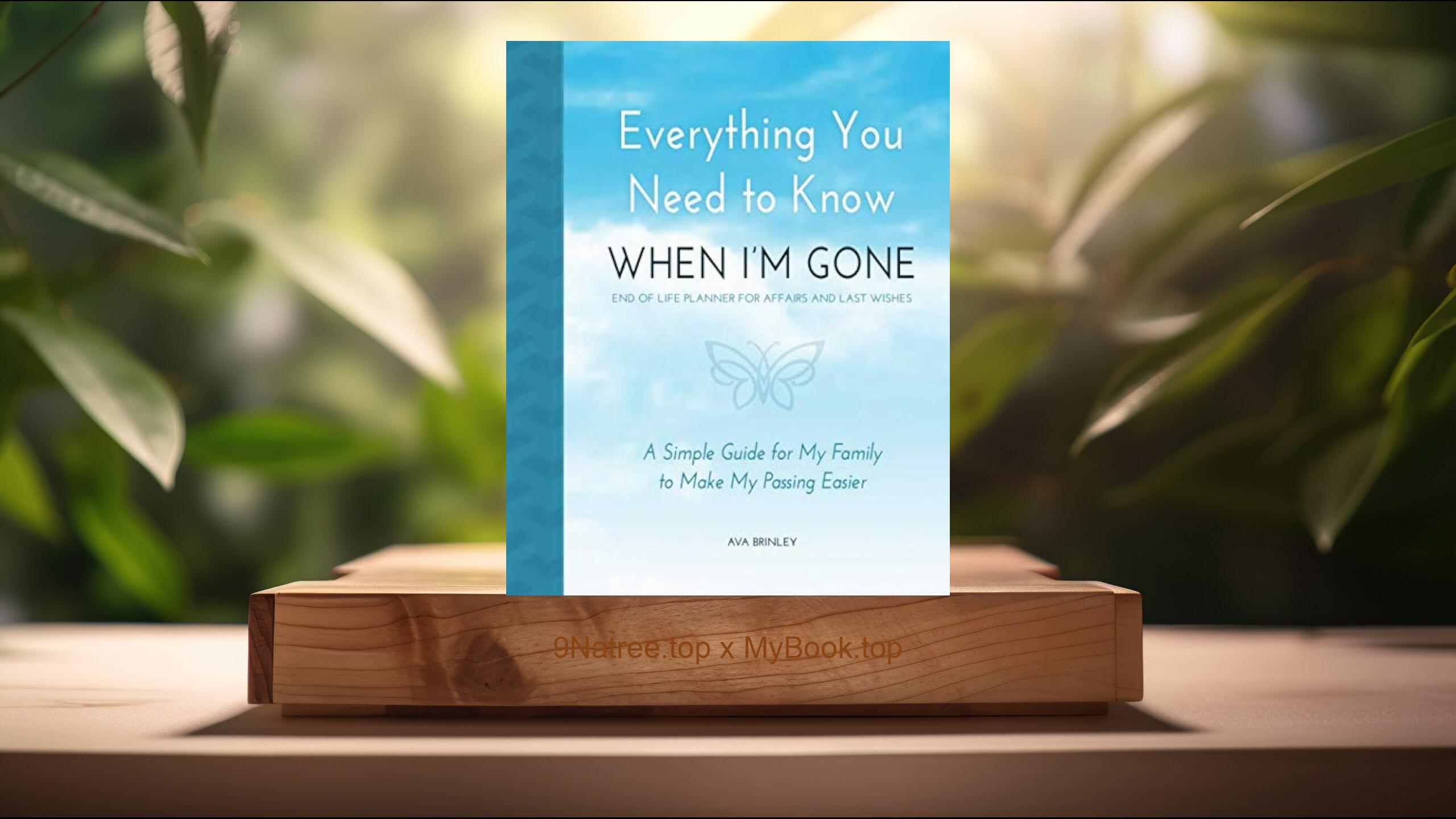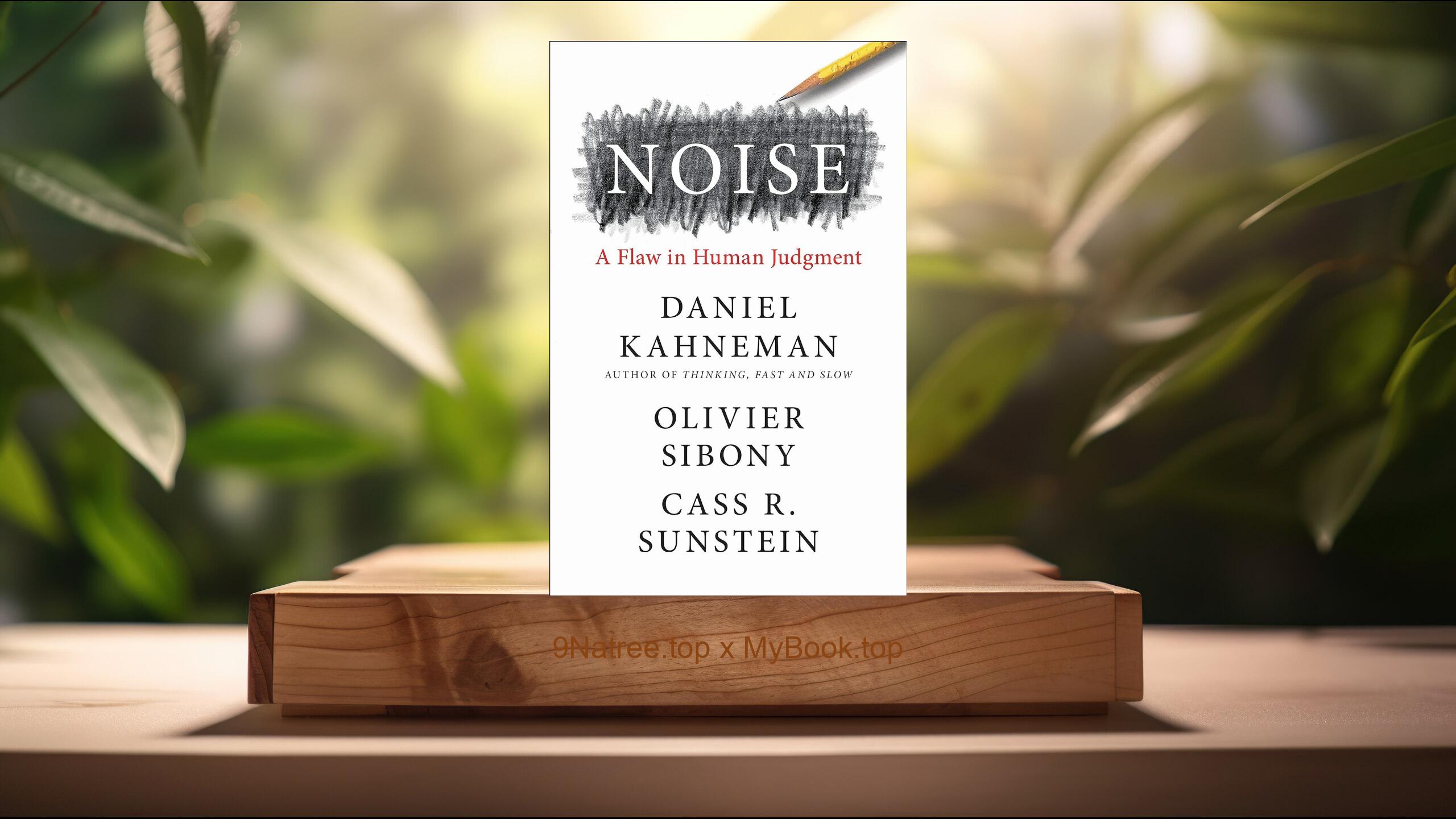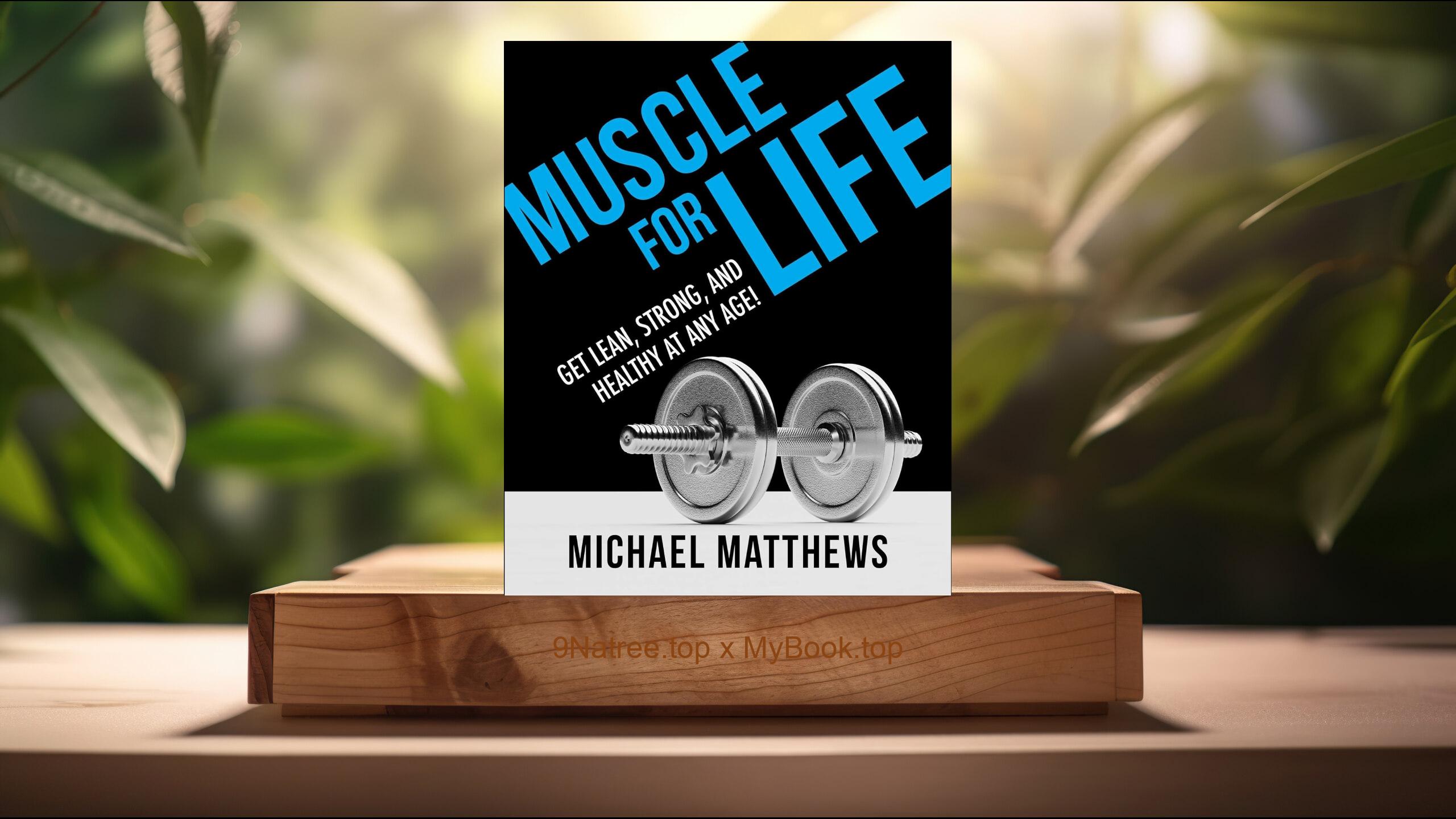Show Notes
- Amazon USA Store: https://www.amazon.com/dp/B09Y4765CL?tag=9natree-20
- Amazon Worldwide Store: https://global.buys.trade/We-Were-Once-a-Family-Roxanna-Asgarian.html
- Apple Books: https://books.apple.com/us/audiobook/we-were-once-a-family/id1619782065?itsct=books_box_link&itscg=30200&ls=1&at=1001l3bAw&ct=9natree
- eBay: https://www.ebay.com/sch/i.html?_nkw=We+Were+Once+a+Family+Roxanna+Asgarian+&mkcid=1&mkrid=711-53200-19255-0&siteid=0&campid=5339060787&customid=9natree&toolid=10001&mkevt=1
- Read more: https://mybook.top/read/B09Y4765CL/
#ChildWelfareSystem #FamilySeparation #SystemicFailure #RacialandEconomicInequality #FosterCareandAdoptionDebate #WeWereOnceaFamily
These are takeaways from this book.
Firstly, The Personal Tragedy of the Hart Family, The core narrative of 'We Were Once a Family' revolves around the Hart family, particularly focusing on two sisters whose lives are irrevocably changed by the child welfare system. Roxanna Asgarian recounts their story with sensitivity and depth, highlighting the factors leading to their removal from their biological family and their subsequent experiences in foster care and adoption. This story serves as a poignant entry point into the broader discussion on child removal, emphasizing the emotional and psychological toll on the children involved.
Secondly, The Flaws of the Child Welfare System, A significant portion of the book is dedicated to uncovering the systemic failures within the American child welfare system. Asgarian critically examines how the systemic emphasis on family separation rather than support leads to detrimental outcomes for children. Through meticulous research and analysis, the book portrays how bureaucracy, inadequate resources, and a one-size-fits-all approach to child welfare contribute to cycles of trauma and instability for children in the system.
Thirdly, The Impact of Race and Poverty, Asgarian does not shy away from exploring the intersections of race and poverty in the context of child removal. 'We Were Once a Family' elucidates how these factors disproportionately affect families of color, subjecting them to higher rates of scrutiny and intervention by child protective services. The book argues that systemic biases and socioeconomic inequalities exacerbate the challenges faced by these families, leading to higher incidences of child removal.
Fourthly, The Debate around Adoption and Foster Care, The book engages in the complex debate surrounding adoption and foster care, presenting differing perspectives on what constitutes the best interest of the child. Asgarian explores the ethical quandaries and moral implications of removing children from biological parents and the challenges of ensuring their well-being in foster care or adoptive families. This discussion is critical for readers to understand the intricacies and emotional stakes involved in decisions about child placement.
Lastly, The Role of Society and Policy in Child Welfare, Ultimately, 'We Were Once a Family' challenges readers to consider the role of society and policy in shaping the child welfare system. Asgarian calls for a reevaluation of current policies and practices, advocating for reforms that prioritize family preservation, support, and rehabilitation over separation. The book suggests that meaningful change requires a collective societal effort to address the root causes of child removal, such as poverty, addiction, and abuse, and to create more equitable and supportive systems for all families.
![[Review] We Were Once a Family (Roxanna Asgarian) Summarized](https://episodes.castos.com/660078c6833215-59505987/images/2041189/c1a-085k3-9jr16kdxsg8k-zg3jfh.jpg)




